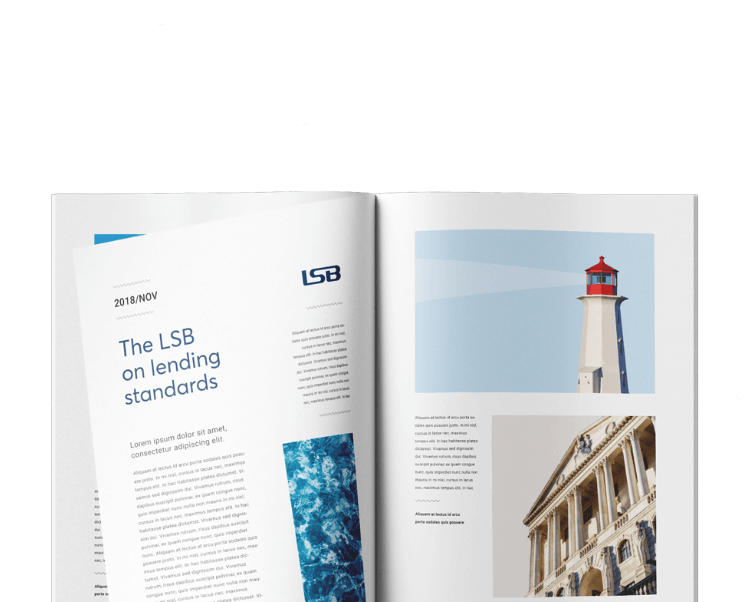SME businesses play a vital role in the UK economy, employing over 16.6 million people and accounting for over 99% of all businesses operating within the country[1]. SMEs ability to borrow money is key so they can operate effectively and grow. Many of the providers of business lending and banking facilities are registered firms, signed up to the LSB’s Standards of Lending Practice for business customers. This underlines their commitment to fair lending, as the majority of business lending does not fall under statutory regulation.
Since its introduction in 2017, the business Standards have grown to cover businesses with a turnover of up to £25 million and, in March of this year, it was confirmed by the FCA as a ‘recognised industry code.’ So, what does this mean?
FCA recognition of the business Standards
The FCA has a process that allows it to formally recognise industry codes that cover certain unregulated activities. The point of the formal recognition is to give confidence to firms that, if their behavior is in line with a recognised code, it will tend to indicate the firm is complying with applicable FCA rules on ‘proper standards of market conduct’ when they undertake unregulated activities[2].
Both the personal and business Standards are designed with one purpose in mind; to improve customer outcomes by promoting fair lending. Standards cover the product journey from design to sale and administration, ensuring that firms offer suitable products that continue to deliver for the customer. The business Standards have been initially recognised by the FCA for up to three years, giving registered firms the confidence that the Standards will remain a consistent level to work to.
Risks and rewards
A risk facing SME customers, particularly those at the smaller end of the scale, is the asymmetry of information between customers and finance providers. This has long been recognised as an issue, especially within the business lending space[3]. Banks possess knowledge and information, such as historic credit data, that is not held by the customer. The customer is reliant on the provider to disclose information, terms and conditions, or other key features of the product to them before they can make an informed decision. This is an area where the business Standards address a gap within an unregulated area, by requiring registered firms to offer suitable products and explain them to the customer effectively.
The FCA’s recognition of the business Standards is a major step for the LSB and for its registered firms. It provides confidence to those adhering to the Standards and their business customers that the firm is acting in a manner that the FCA deem a proper standard of market conduct. The explicit statement by the FCA not only validates the work done by the registered firms already in the business lending space, but also demonstrates to non-registered firms the value of registering with the LSB and signing up to the Standards of Lending Practice for business customers.
Business customers should also take note. If looking at potential finance providers, those firms registered with the LSB have made a commitment that should ensure a consistency of approach in relation to the suitability, communication, and delivery of business lending services.





